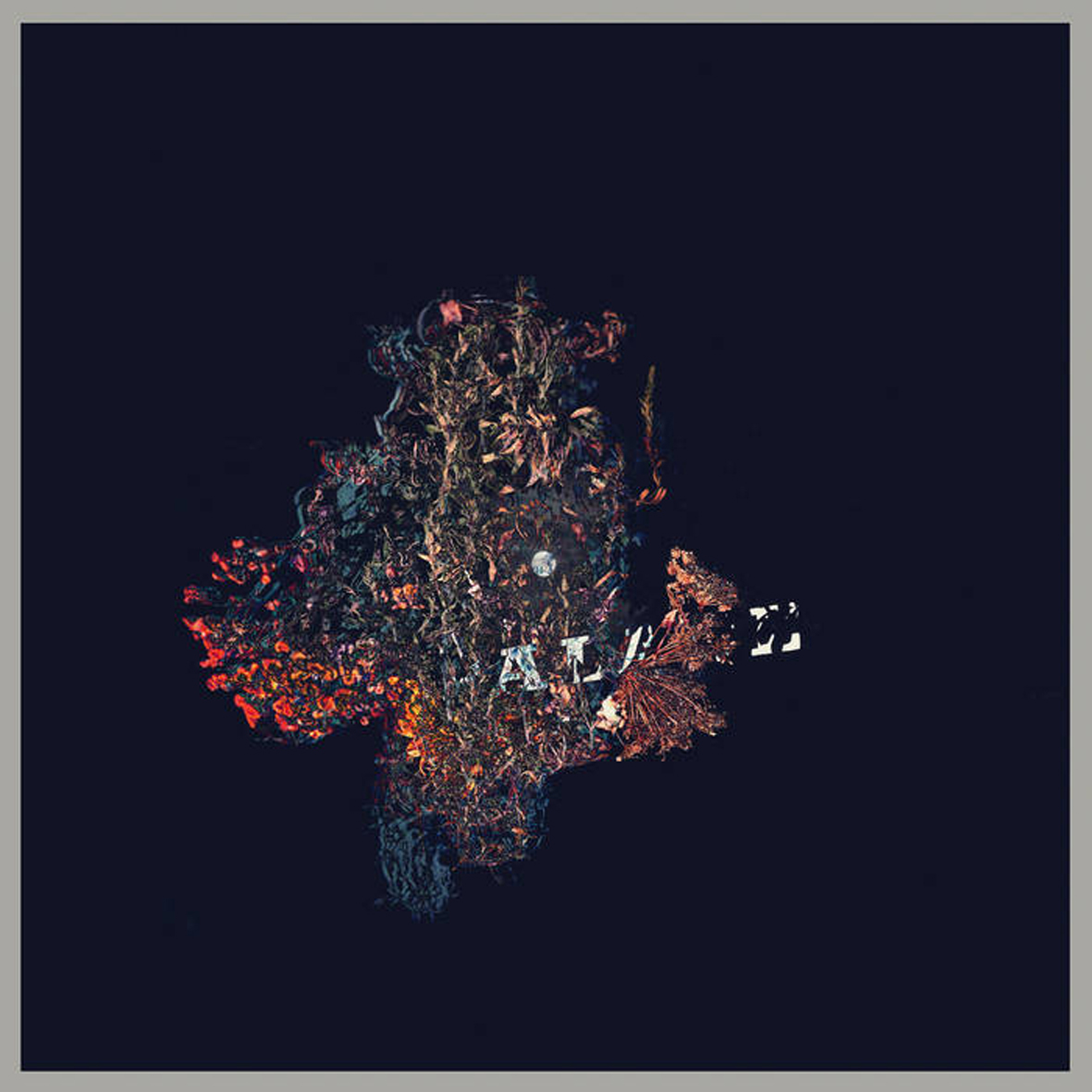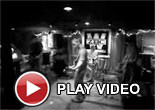B/B/S/, "Palace"
 One important lesson that I have learned over the years is that promising-sounding collaborations between experimental music artists are almost always disappointing, as the resultant releases tend to be half-baked edits and reworkings of improvised jams that occurred when all the musicians involved happened to be in the same town for a day.  Consequently, it was a delight to discover that this trio of Aidan Baker,  Andrea Belfi, and Erik Skodvin feel like the exact opposite of that. While this second full-length for Miasmah was admittedly improvised over the course of a couple days in Berlin, Palace is the work of a band with both strong vision and razor-sharp focus. Of the three artists involved, Palace is most similar to Skodvin's solo aesthetic, but these deliciously tension-filled and slow-burning reveries easily transcend the sum of their parts.
One important lesson that I have learned over the years is that promising-sounding collaborations between experimental music artists are almost always disappointing, as the resultant releases tend to be half-baked edits and reworkings of improvised jams that occurred when all the musicians involved happened to be in the same town for a day.  Consequently, it was a delight to discover that this trio of Aidan Baker,  Andrea Belfi, and Erik Skodvin feel like the exact opposite of that. While this second full-length for Miasmah was admittedly improvised over the course of a couple days in Berlin, Palace is the work of a band with both strong vision and razor-sharp focus. Of the three artists involved, Palace is most similar to Skodvin's solo aesthetic, but these deliciously tension-filled and slow-burning reveries easily transcend the sum of their parts.
Given Erik Skodvin's degree of involvement, it goes without saying that Palace is a very "Miasmah"-sounding album, though he personally tends to weave his shadowy and cinematic soundworlds with a much lighter touch than some of the label's other artists.  In fact, the brilliance of this album lies in the incredible extreme to which all three participants take that lightness of touch, as the trio manages to conjure up a menacing series of gathering storms in such hushed and minimal fashion that a single picked note feels like a splash of color and a kick drum feels like a seismic event.  That is not to say that there is not much happening–quite the contrary, in fact.  Rather, B/B/S/ make  a gloriously simmering stew of bowed cymbals, hollow-sounding tom accents, creaking strings, brushed snares, strangled harmonics, and hovering oscillations.  On the album's arguable centerpiece ("Butcher Note"), for example, the central motif is just an unpredictably quavering oscillation and a three-note loop of plucked strings.  Gradually, however, Skodvin"s ghostly swells of guitar moans and shimmers harmonically build the piece into a considerable more complex and evocative affair as Belfi's drums skitter and clatter in all the right places.  For his part, Baker adds a visceral edge with some wonderfully gnarled bow work without ever veering into bombast.  There are also some crackling low-end electronic textures triggered by the drums, which is yet another nice (and subtle) touch.
For the most part, the rest of Palace sticks very closely to that template, which is fine by me, as it proves to be a surprisingly fertile ground and the smallest variations make a significant difference.  On another one of the album’s highlights, "Navel Oil," Belfi’s rapidly brushed cymbals sound almost like ominously shuffling maracas, while Baker simply maintains a steady one-note throb beneath Skodvin’s languorous and hazy Ebow solo.  Eventually, Skodvin builds up to playing actual notes, but they are so processed that it sounds like his solo is fighting to emerge from underwater. I especially appreciated that scrapes and string noises played just as prominent a part as the actual notes. Elsewhere, "Linber" boasts a rare clean guitar theme, but it is processed to give an illusion of a sickly, slightly out-of-tune afterimage.  Later, the trio allow themselves to open up a bit for the comparatively explosive "LA Mom," which is basically a wild drum solo beautifully embellished with roiling, swooping, and chirping guitar noise. Amusingly, it is followed by a piece ("Solo") that is literally a drum solo, but a rather welcome one, as Andrea Belfi comes very close to stealing the show all over the album.  I actually went back and investigated the band’s excellent 2013 debut (Brick Mask) and found that it is primarily Belfi’s evolution as drummer that spearheaded the trio’s impressive transformation into what they are now.  Skodvin and Baker are just as great and unconventional as ever, but it is largely Belfi’s departure from structured rock grooves that pushes Palace to a higher plane than its predecessor.
While there are a couple of aspects of Palace that could arguably be perceived as flaws, it still feels like an absolute monster of an album and a huge creative leap forward from where I am sitting.  One possible critique is that it errs a little bit on the overwhelming side as a double album and the inclusion of a drum solo normally screams "filler." That is not the case here, as I would be very hard-pressed to name any song that deserves the ax.  Rather, it just means that there is a lot to absorb and that it will be a pleasure to do so.  In fact, I am only just recently beginning to appreciate the glory of the epic closer "Combuh."  A more apt critique is that Palace is considerably less muscular than the more conventionally "rock" Brick Mask, but I think Belfi's quieter and more restrained playing is perversely even more explosive than it was before.  Granted, he was unquestionably louder back then, but the unpredictably organic and seething interplay with Skodvin and Baker here is considerably more compelling dynamically.  To my ears, Palace is a quite a staggering performance from to start to finish.  This album totally blindsided me, as I went in expecting some interesting improv and was instead gobsmacked by a volcanic tour de force of unresolved tension.
Samples:
 



